Knowledge to action
We seek to understand what types of scientific strategies and organizational structures best translate conservation science research into useful, socially beneficial outcomes. We produce implementable solutions that are science-based and informed by the needs of end-users to overcome the persistent disconnect between the production of conservation research, its application into policy and decision-making by institutions, and the achievement of conservation outcomes. We engage with partners from all sectors to apply research results to achieve real-world change.
A central challenge in conservation is the inequity between global conservation decision making and actions, and rural communities that live in and around areas of conservation importance who tend to bear the costs of conservation but receive few of the benefits. We aim to engage in co-production and community science with these communities to more equitably distribute conservation benefits. We also work to include knowledge that has historically been excluded from conservation science to push the discipline toward more effective biodiversity conservation. By linking diverse knowledges to actions, we study methods for effectively and respectfully bridging knowledge systems.
As we implement our actionable science model, we study ourselves to improve this approach, increase our success rate, and serve as a scalable model for other institutions.
Current projects
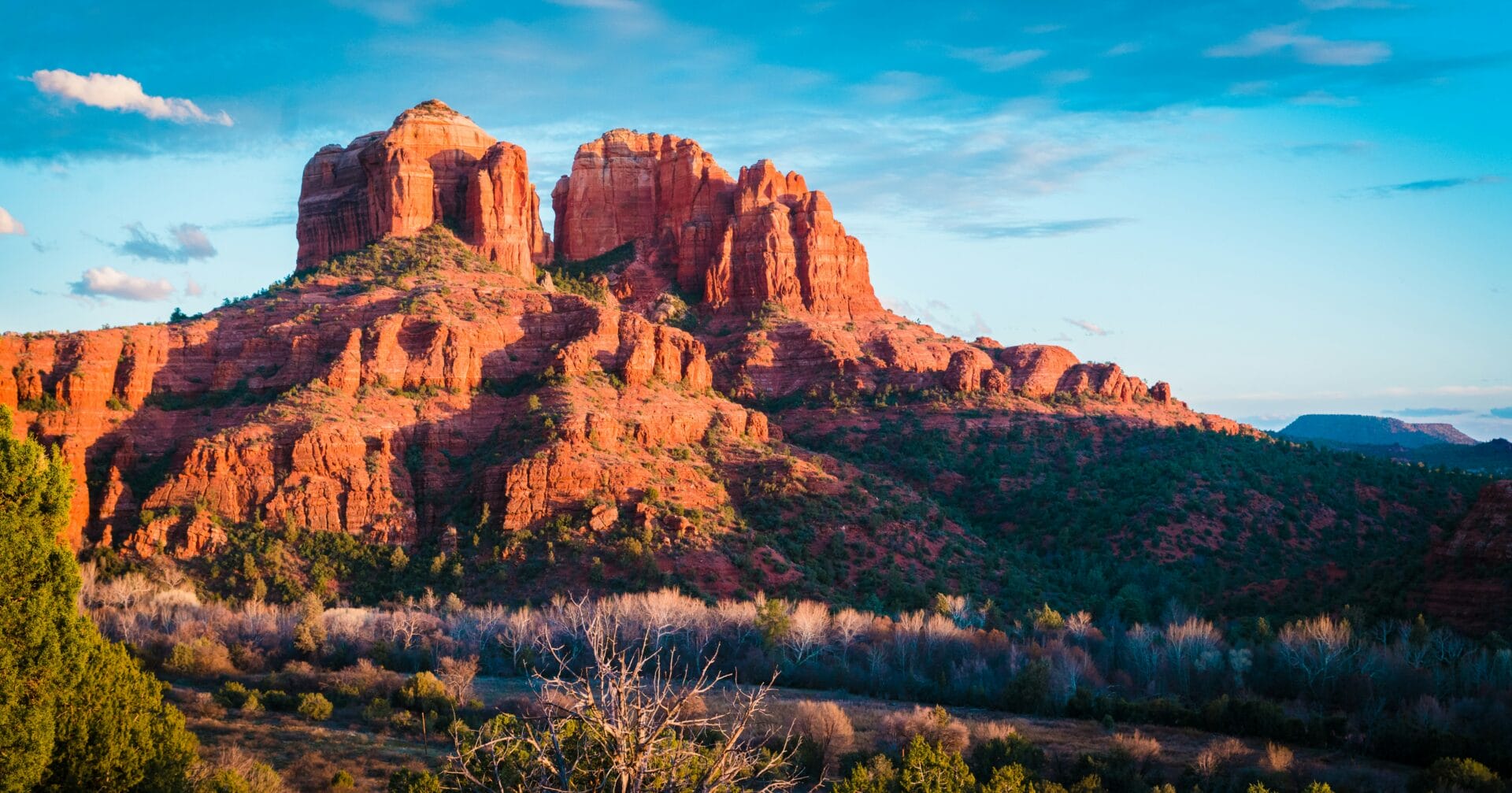
A new paradigm of conservation science
This project links the production and use of knowledge in conservation by ensuring that conservation research is driven by the knowledge needs of practitioners to increase informed and effective decisions.
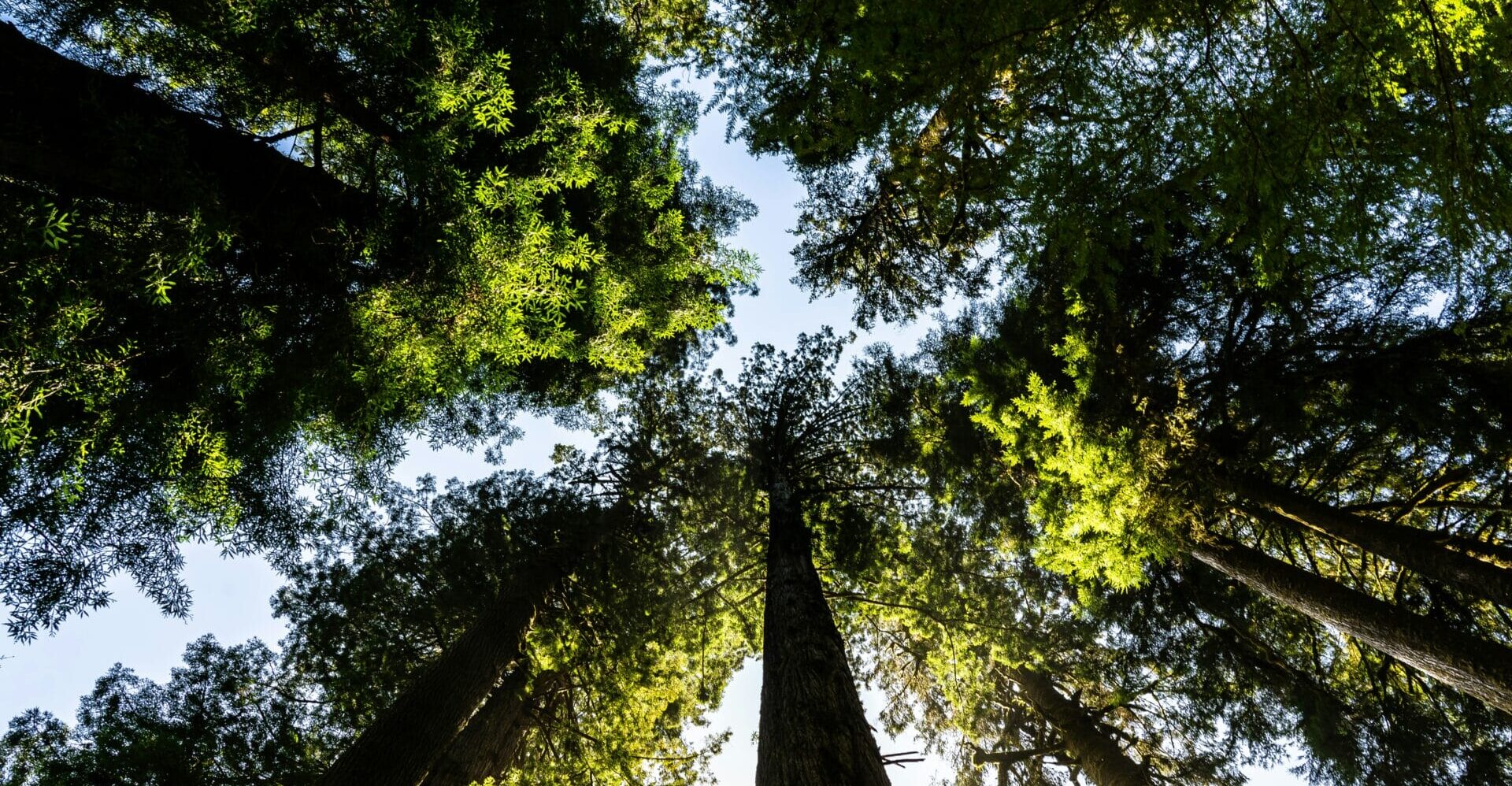
Data to decision-making for biodiversity
To support our strategic goal of improving conservation decision-making, this project works to make conservation research data accessible, understandable, and usable for conservation practitioners and policymakers.
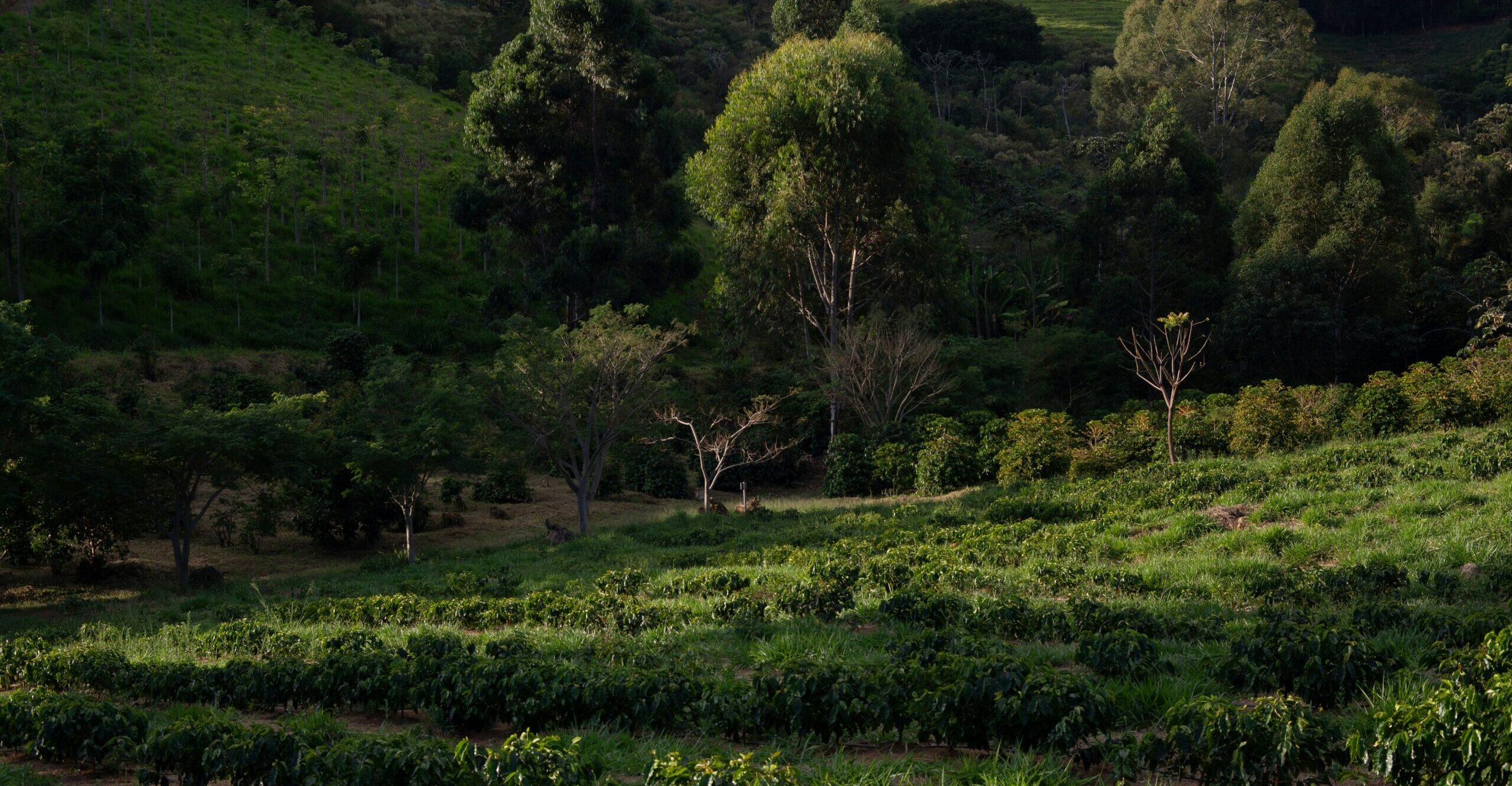
Biodiversity in business and conservation return-on-investment
We are working with several corporate partners to bring together biodiversity data from multiple sources and create new methods to integrate the data into corporate decision-making.
Past projects
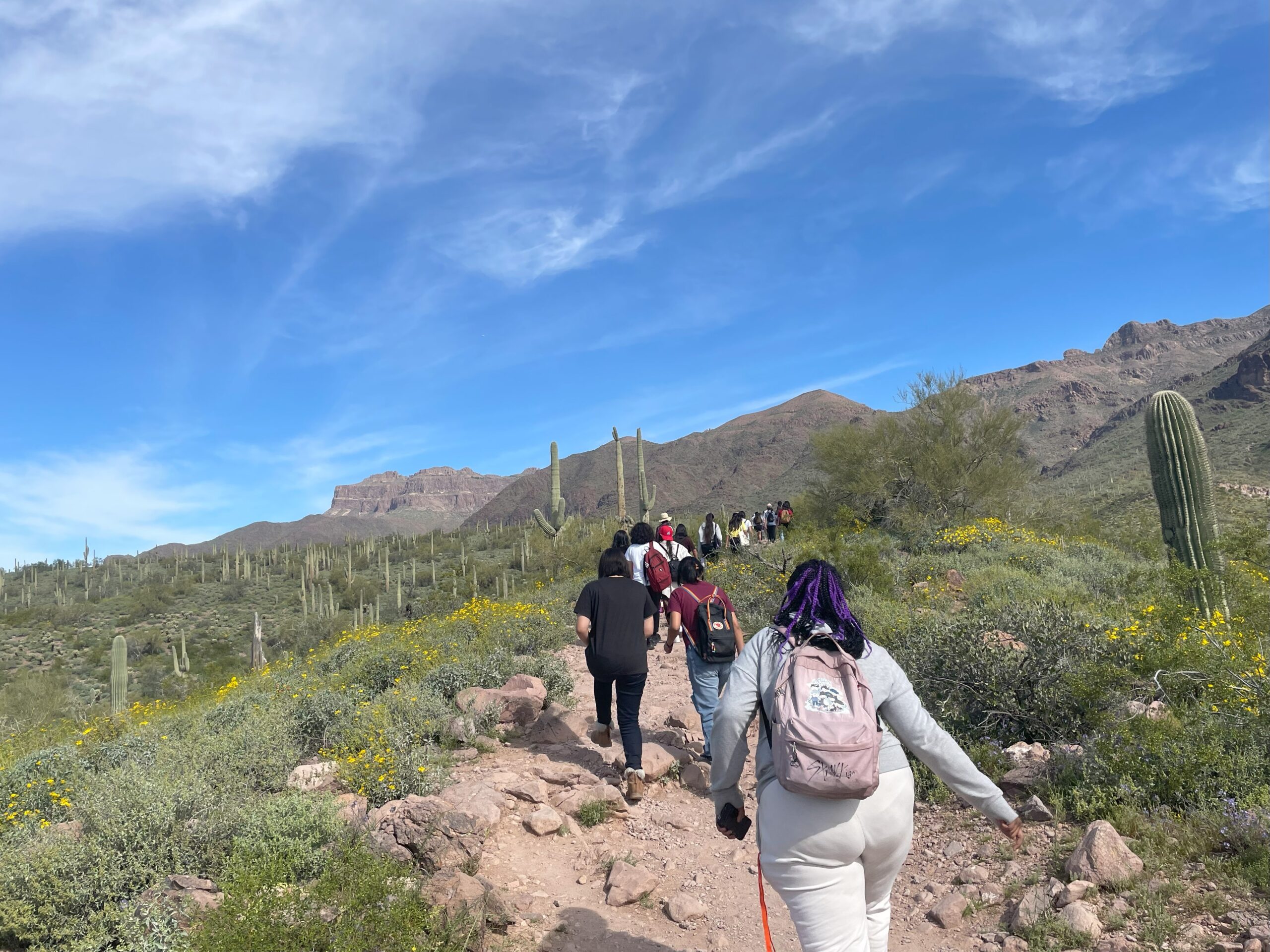
Conservation education and leadership training
As part of our strategic goal to train the next biodiversity generation, we developed GirlsConserve to provide basic literacy in the environment and ecological sustainability with a particular focus on engaging underserved youth.
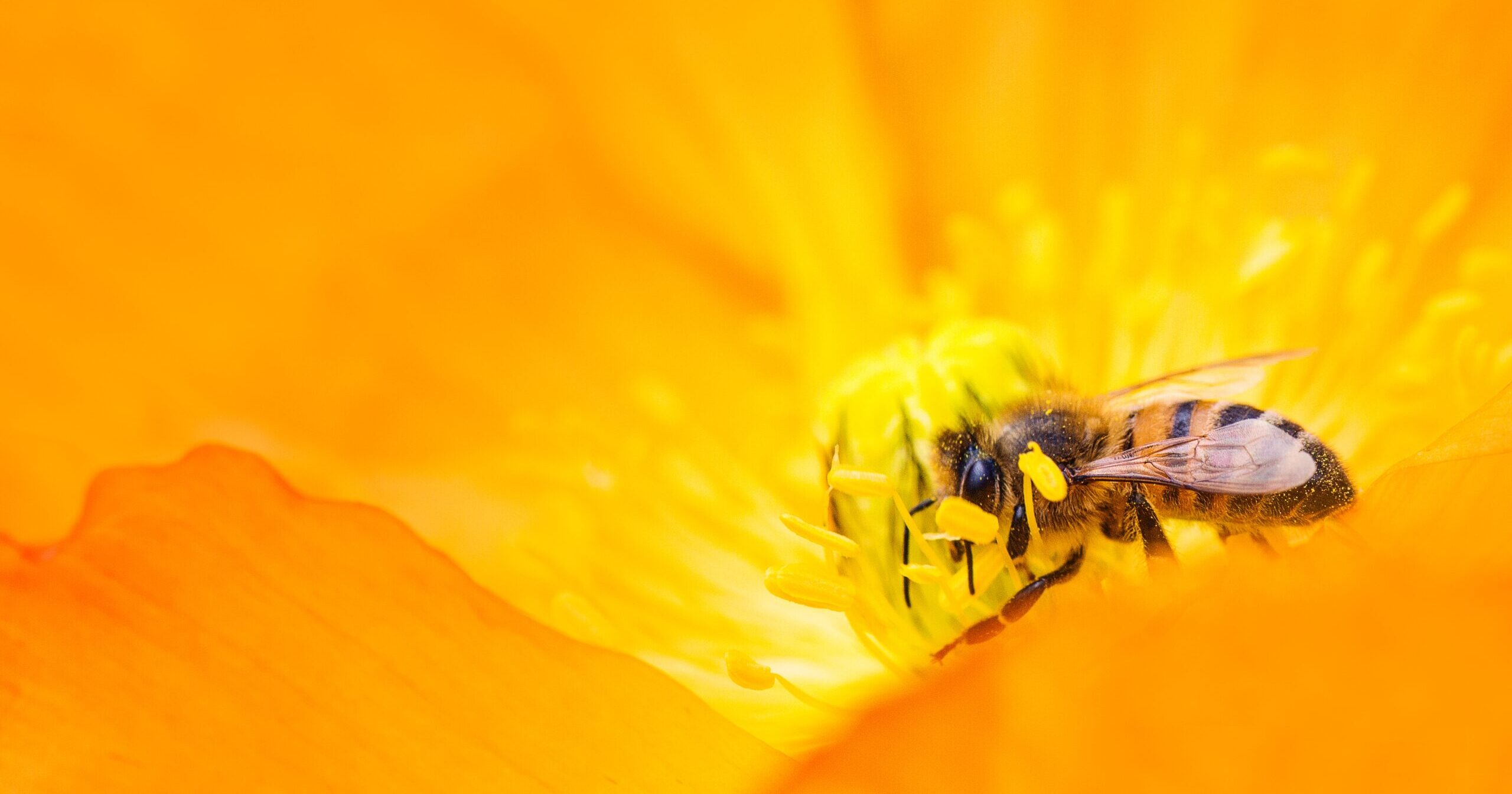
Decision science for endangered species risk assessment
We worked with Bayer and EPRI to develop a decision tool to estimate the range of potential operational, reputational, legal, and regulatory risks associated with compliance with the U.S. Endangered Species Act.
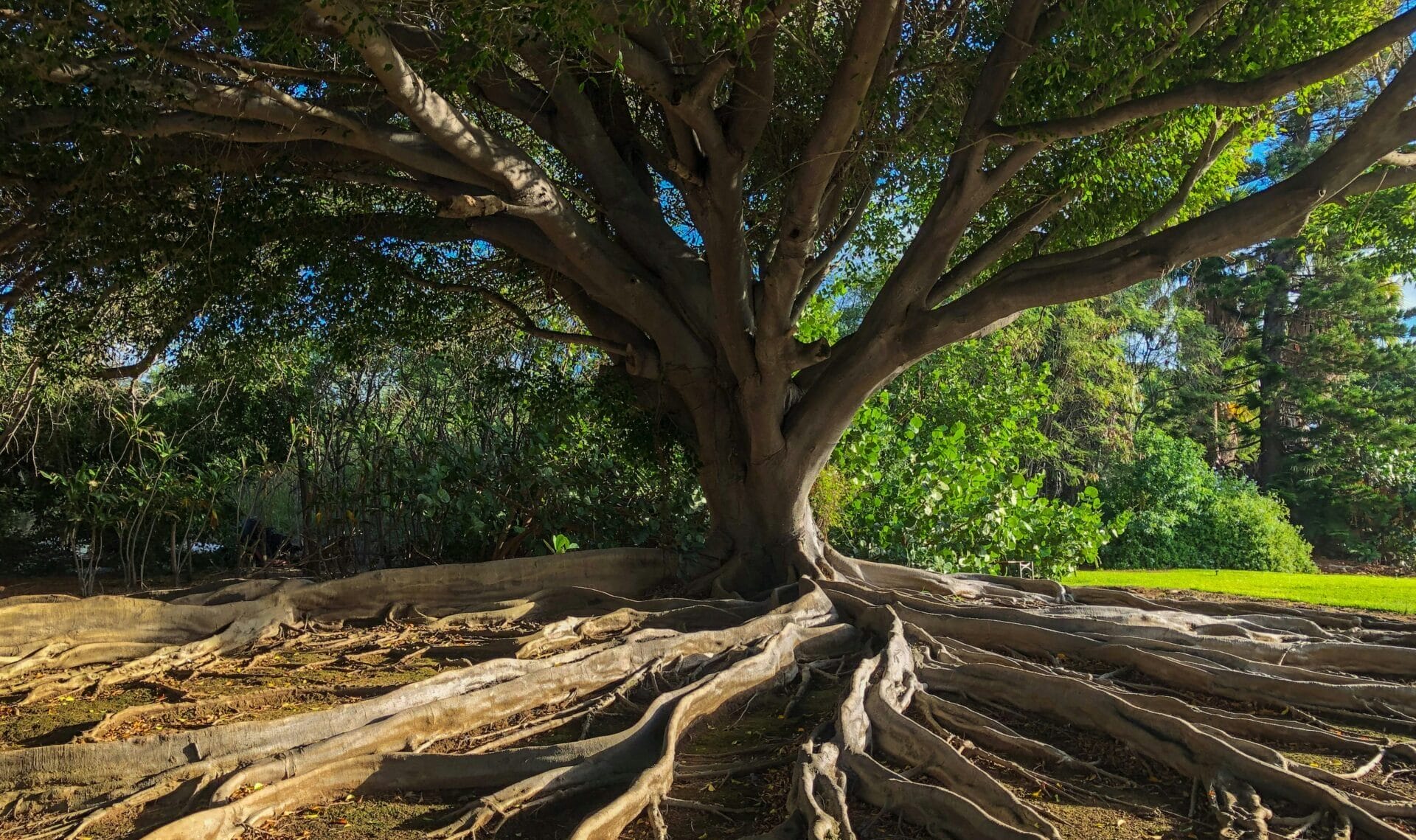
Conservation Solutions Lab
This collaborative initiative used evidence-driven interdisciplinary techniques to advance effective community engagement in conservation programs.
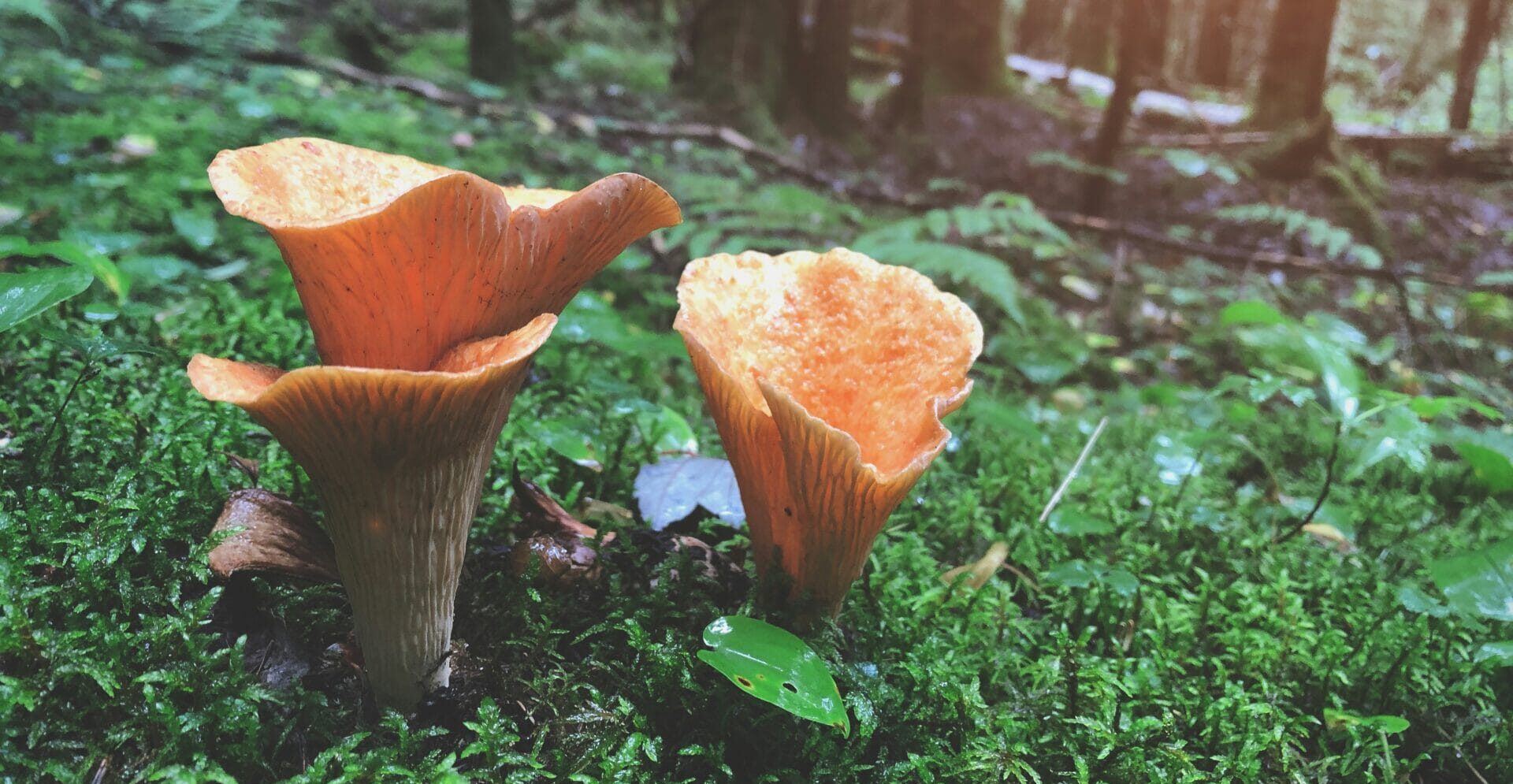
Natural capital protocols
CBO led a project to develop biodiversity and oceans supplements for the Natural Capital Protocol to inform business how to measure and value their impacts and dependencies on natural capital.
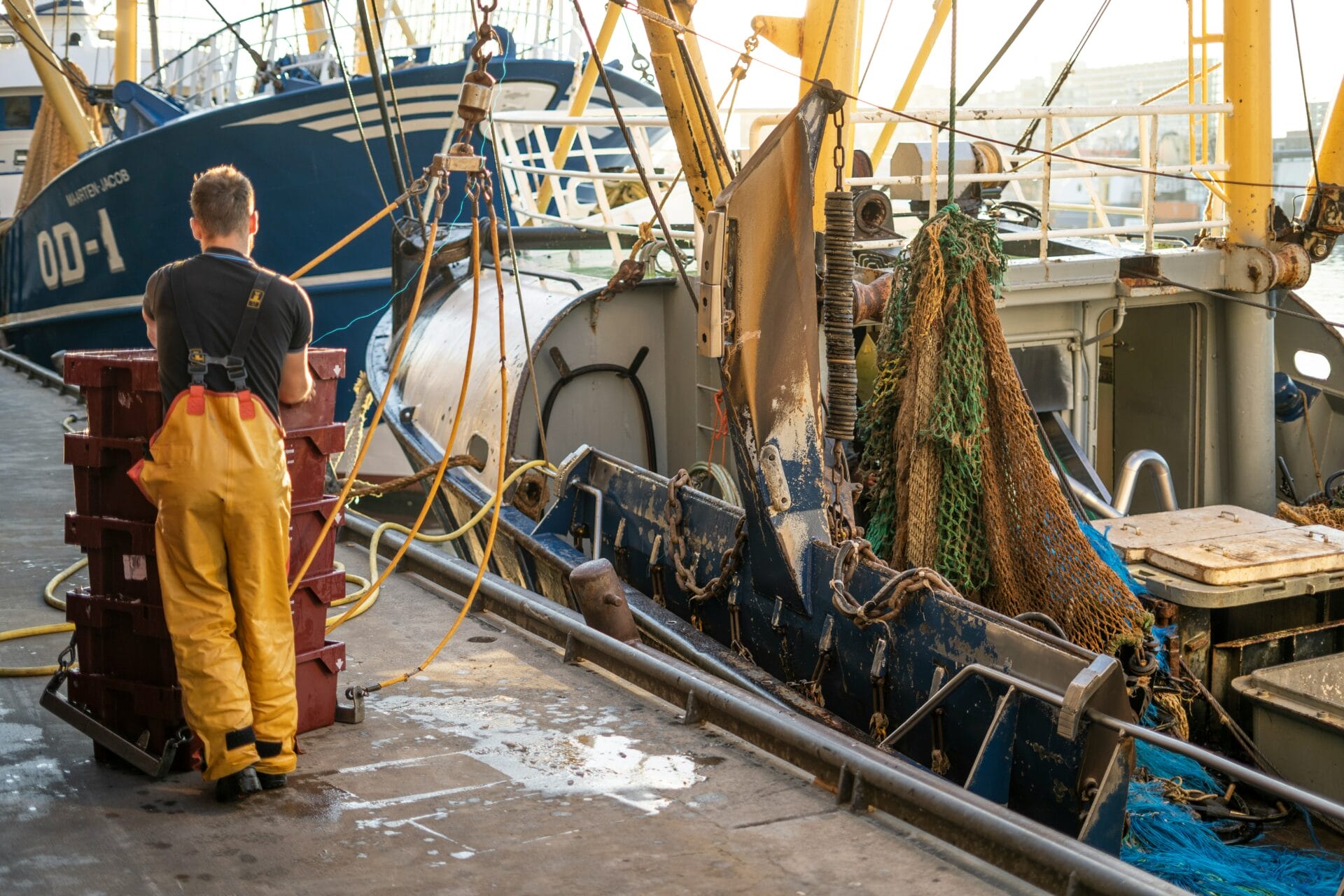
Socially responsible seafood
To address human rights abuses in the seafood industry, we co-developed a social responsibility assessment scorecard for the global fisheries.